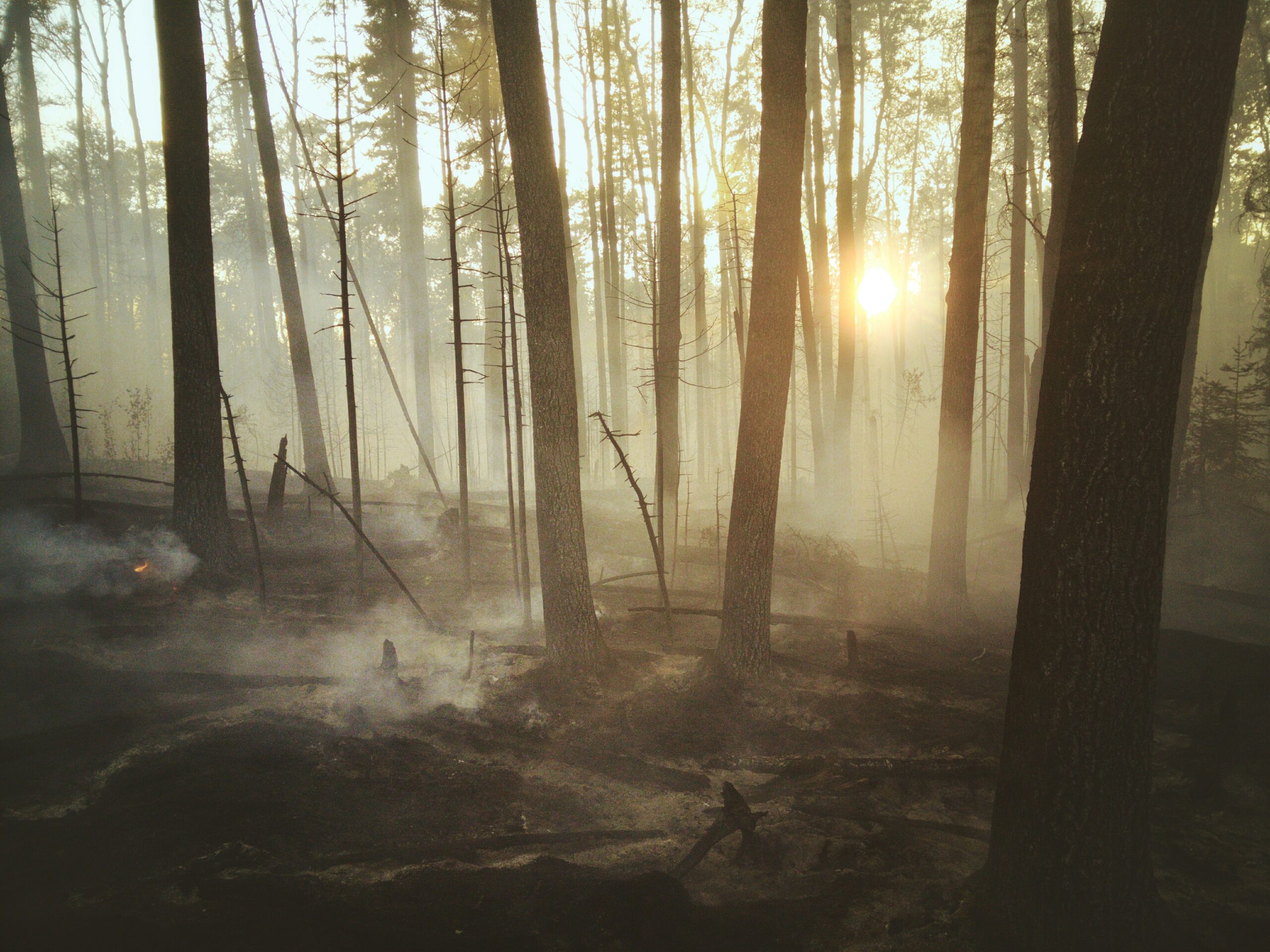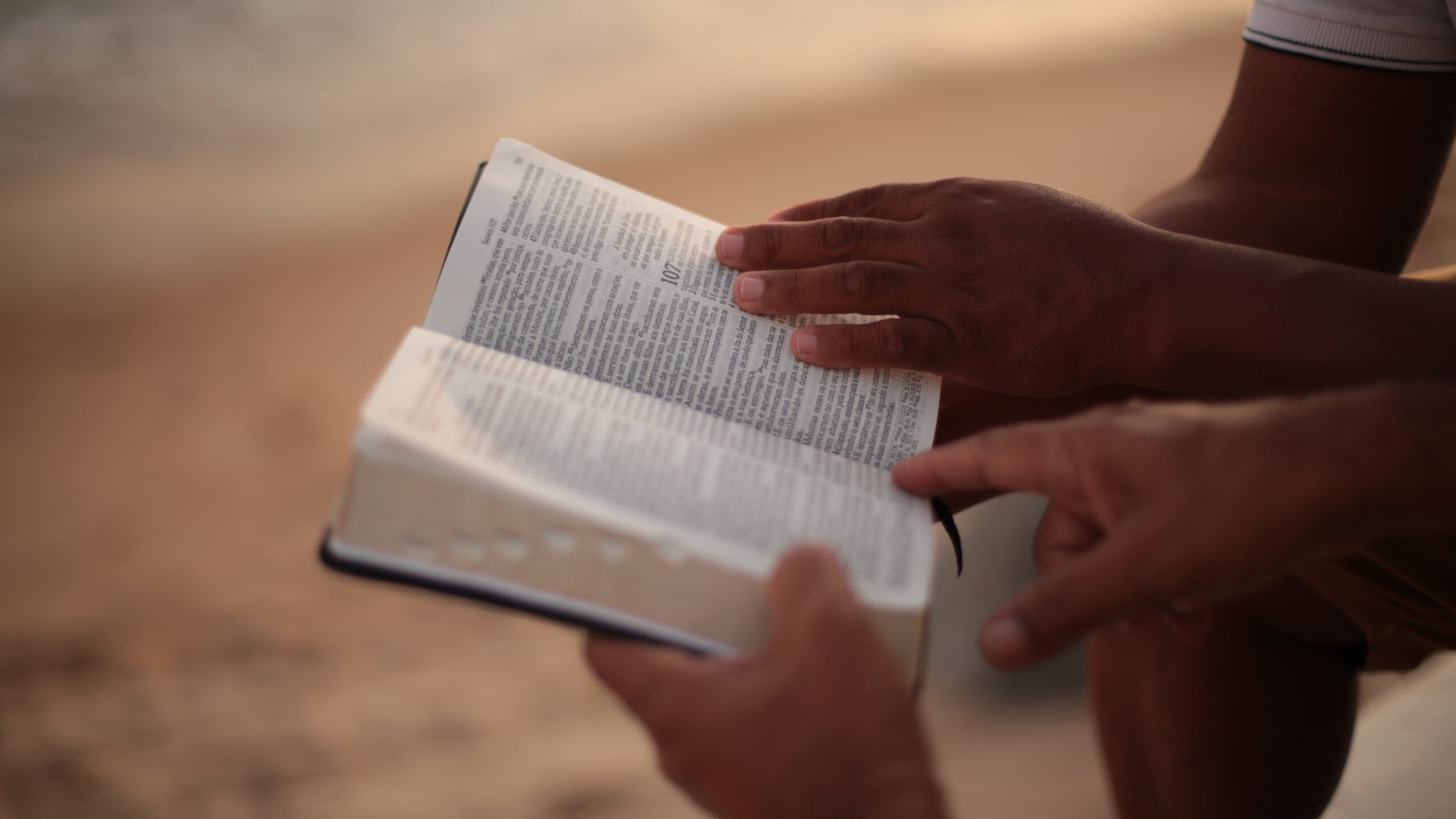(1) Now there were some present at that time who told Jesus about the Galileans whose blood Pilate had mixed with their sacrifices. (2) Jesus answered, “Do you think that these Galileans were worse sinners than all the other Galileans because they suffered this way? (3) I tell you, no! But unless you repent, you too will all perish. (4) Or those eighteen who died when the tower in Siloam fell on them—do you think they were more guilty than all the others living in Jerusalem? (5) I tell you, no! But unless you repent, you too will all perish. (6) Then he told this parable: “A man had a fig tree, planted in his vineyard, and he went to look for fruit on it, but did not find any. (7) So he said to the man who took care of the vineyard, ‘For three years now I’ve been coming to look for fruit on this fig tree and haven’t found any. Cut it down! Why should it use up the soil?’” (8) “Sir,” the man replied, “Leave it alone for one more year, and I’ll dig around it and fertilize it. (9) If it bears fruit next year, fine! If not, then cut it down.” Luke 13:1-9
Last week, we began to look, in depth, at the above text. Our singular purpose is to discern what the Lord would have us learn in regard to tragedies. So, we’re going to learn four truths about tragedies for this devotional series.
Last week, we learned the first truth—tragedies are a part of life because we live in a fallen world. The second truth we can glean from this passage is that tragedies show us that life is fragile and fleeting. Look again at verses 2 and 4 to see how Jesus responds to those who reported this tragedy. He asks, “Do you think that these Galileans were worse sinners than all the other Galileans because they suffered this way?” Continuing, Jesus inquires, “Or those eighteen who died when the tower in Siloam fell on them—do you think they were more guilty than all the others living in Jerusalem?”
Jesus asked these two questions to identify two types of tragedies: 1) those that are the result of human violence and 2) those that occur due to an act of nature. Either way, here is the truth: Ever since the fall of man (Gen. 3), death has been a part of life. Furthermore, oftentimes death comes suddenly and when we least expect it.
I can remember the morning I picked up the newspaper and read about four boys who were traveling back to Raleigh from somewhere down east after a night of drinking. The driver entered a sharp curve on the beltline. After hitting the guardrail, the car became airborne and careened over the side, killing all four boys on impact. Later, the authorities estimated the driver’s speed to be in excess of 100 miles per hour. Do you think that when those boys woke up that morning and had breakfast that any of them thought that that day would be their last? Of course not! They were teenagers who died in the prime of their lives.
When my wife, Creecy, was just 17, she watched her dad do something he often did. He walked out the door of their home to go enjoy one of his favorite hobbies – flying his little Cessna plane around Raleigh. On this particular day, he took a friend with him who had never flown. As her dad, Willis Smith, came in to land, he had no knowledge of the Eastern Airline jet that was rapidly approaching his plane. An air traffic controller had warned the jet pilot that there was a Cessna in front of him, and the pilot radioed back that he had just passed the Cessna. What neither the jet pilot nor the air traffic controller knew was that there were actually two small planes in the air that morning. The pilot saw the first plane but never noticed Mr. Smith’s. The Eastern Airlines jet collided with the small Cessna, which became entangled in the jet’s landing gear. The jet’s pilot had no choice but to manually dislodge the plane, and Willis Smith and his friend plunged to their deaths. Hence, Creecy’s father never returned home. Fortunately, he had accepted Jesus as his Savior years earlier.
James 4:13-14 states, “Now listen, you who say, ‘Today or tomorrow we will go to this or that city, spend a year there, carry on business and make money.’ Why, you don’t even know what will happen tomorrow. What is your life? You are a mist that appears for a little while and then vanishes.” Likewise, Job said, “Remember, O God, that my life is but a breath.” The Bible compares a man’s life to a vapor and a breath. On a cold night, you walk outside and take a deep breath and, for just a moment, you are able to see your breath, which appears as a vapor and then quickly disappears. That is a picture of life. We can be here one minute and gone the next.
The most important thing I want you to know is this: if you are not in Christ…allow me to repeat—if you are not IN Christ, then your eternal life is in danger, and it is not safe for you to die. Picture yourself dangling over a great precipice and the only thing that keeps you from falling is a tiny thread—that thread is your life. Your life clings to that tiny thread. If the thread breaks, you will fall into a deep abyss—a place of darkness, hopelessness, and loneliness—where you will spend eternity separated from God and all that is good. In other words, you will be separated from God’s peace, joy, and life forever.
Jesus describes hell as a place “Where their worm does not die, and the fire is not quenched” (Mark 9:48). A place of guilt, regret, and pain that will last for all eternity. A place with no light, no hope, no end. Even after you’ve been there for a million years, time there will have just begun. Darkness, sadness, and death are how the Bible describes what eternity will be like for those who are not in Christ.
My intention is not to scare you but simply to get you to face reality. If you are not IN Christ, then you need to pay particular attention to next week’s devotion. There is hope! Stay tuned.



